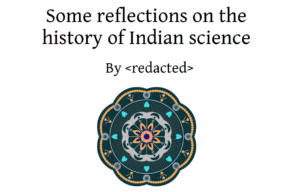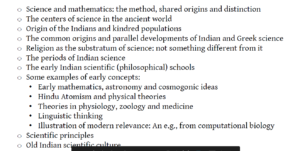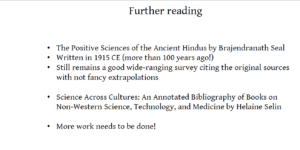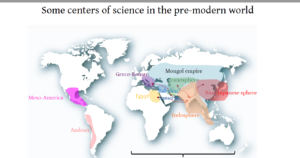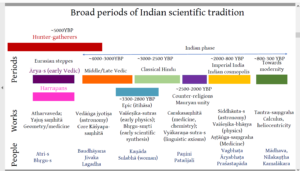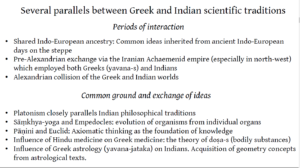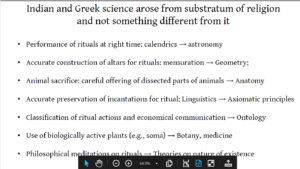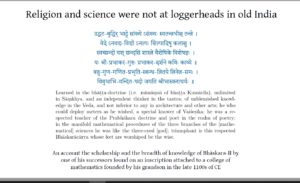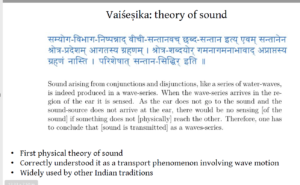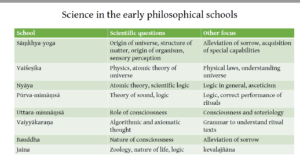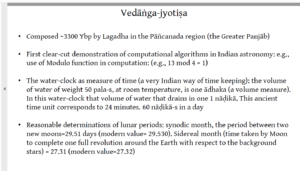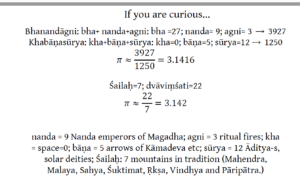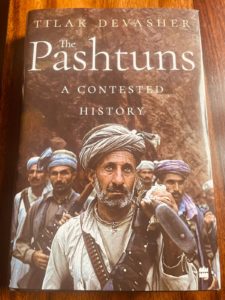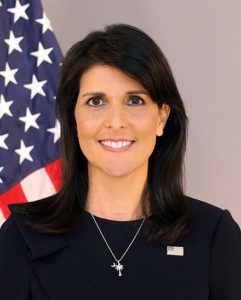A couple of days ago i saw a tweet from @theliverdr on twitter that made fun of some recent initiative to add Ayurvedic medicine to the medical school curriculum. I don’t know what they will teach and how useful it will be in practice (as a boomer of Pakistani origin my first thought is that expectations should be low, at least initially), but I thought the summary dismissal of the entire corpus of knowledge is also unscientific and tweeted out the tweets pasted above.
My point was not so much about what the Indian medical system will actually end up teaching. It was more a philosophical point that we should not dismiss the products of an ancient and sophisticated culture summarily; there is likely to be real knowledge that is captured in it, but the framework is very different (and “pre-scientific”) and will need “translation”. As an example I mentioned Ida, Pingala and Sukhmun Naadis, channels in which energy supposedly flows along our spine. Modern science recognizes no such channels, but that does not mean that the lore built up around this theory is all valueless. Methods to manipulate these channels can still work even if the channels do not exist, but even beyond that we know less than is advertised, and it is conceivable that we will discover elements in biology that we will then recognize as being the modern (and presumably far more scientific) equivalents of whatever observations and theories the ancients had along these lines. But having tweeted this out, I also know that I know very little about Ayurveda, my thoughts were just on “general principles”. So I asked a few friends if they had a good article introducing ayurveda or ancient Indian science in general.
Lo and behold, I was sent a large document that has been written by a blogger who goes by the name “Manasataramgini“. Acharya ji (since he is anonymous, this title will have to do) is a Hindu nationalist who blogs at manasataramgini.wordpress.com and many of whose writings will no doubt be grounds for cancellation in left-liberal circles, but he is also a very serious and competent scientist, and an intellectual with very deep knowledge of Sanskrit and ancient Indian lore. It is a 51 page document, but it seems to me that this is worth posting on the internet. People can draw their own conclusions 🙂
A review of Hindu Science
The entire document is at the above link. I am posting a couple of excerpts from the intro and the text as screenshots, but it is really easier to read at the above link (but since I know how lazy I am when reading blog posts, I am posting some screenshots.. note that similar early scientific speculations by the Greeks are treated as “the beginning of science”).
